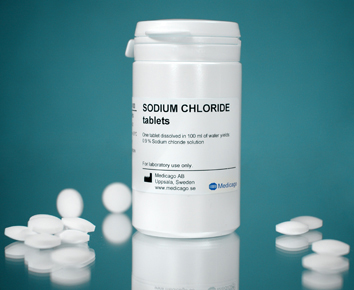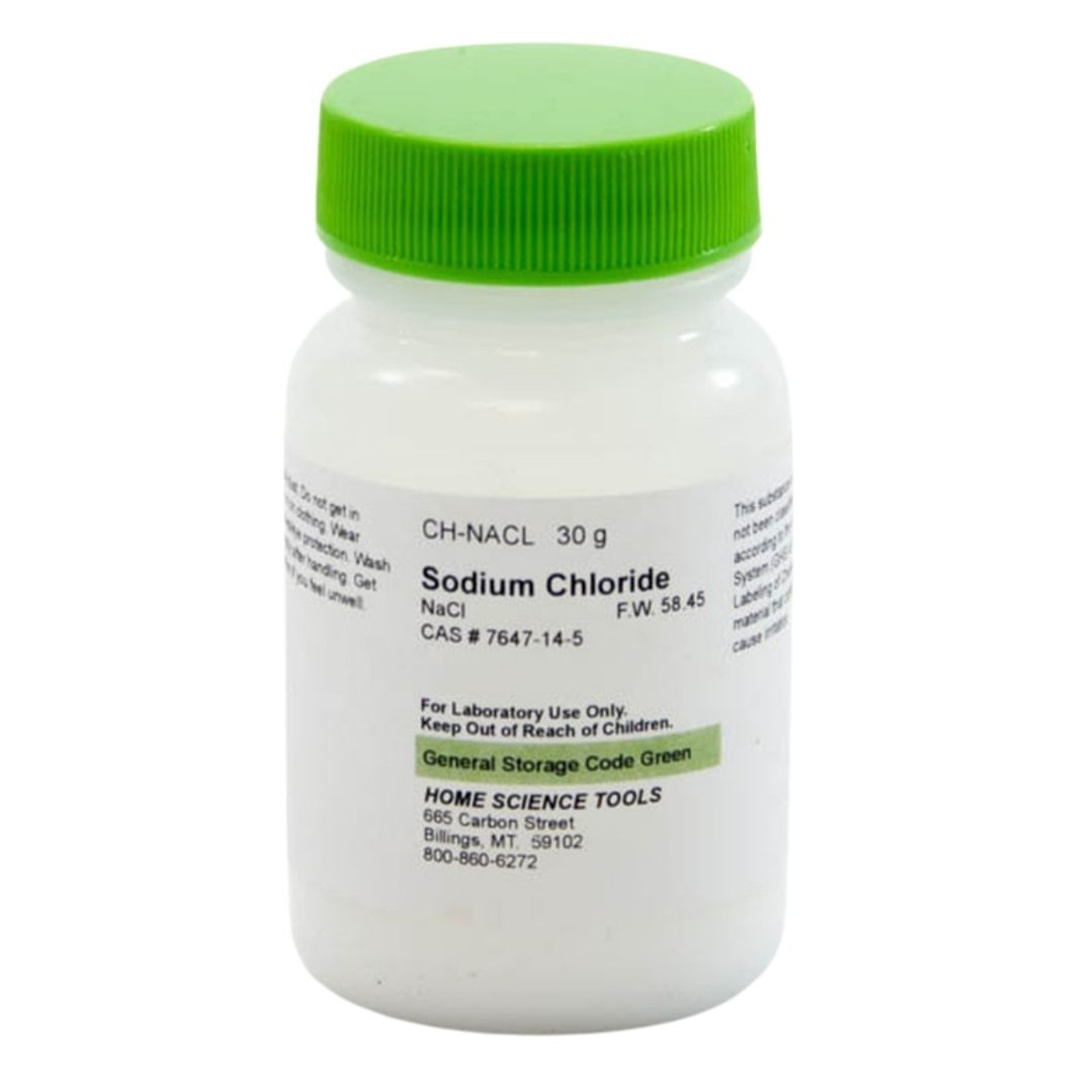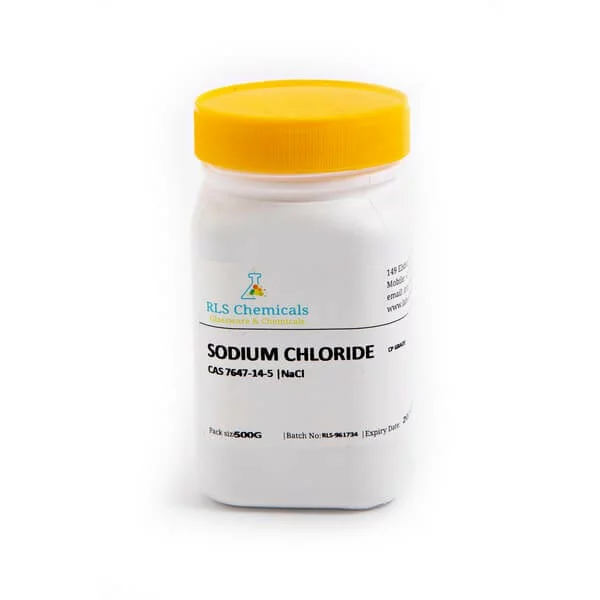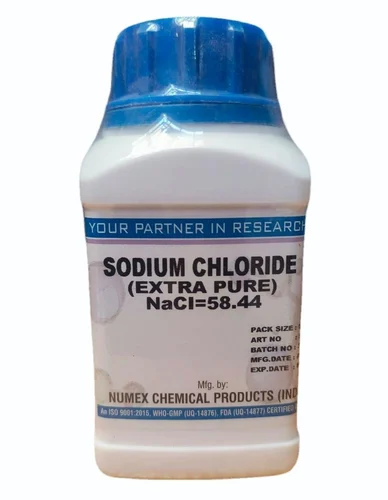Description
Sodium chloride, commonly known as table salt, is an ionic compound composed of sodium (Na) and chloride (Cl) ions. With a chemical formula of NaCl, it naturally occurs in crystalline form, often found in the mineral halite. This compound plays a crucial role in various biological and chemical processes. In the human body, sodium chloride regulates fluid balance, aids in nerve transmission, and supports muscle function. It is essential for maintaining osmotic pressure and electrolyte balance, which are vital for proper physiological functioning.
In addition to its biological significance, sodium chloride has a wide array of industrial applications. It is extensively used as a seasoning and preservative in the food industry, enhancing flavor and prolonging the shelf life of various products. Beyond culinary uses, NaCl is critical in chemical synthesis, serving as a raw material for the production of chlorine and caustic soda, both fundamental chemicals in various manufacturing processes. Additionally, it is utilized in water treatment facilities to soften water and in the production of saline solutions for medical use.
Despite its widespread benefits, the consumption of sodium chloride must be moderated due to potential health implications. High intake of salt is linked to hypertension and cardiovascular diseases. Public health initiatives often focus on reducing sodium consumption to improve population health outcomes. As such, the dual nature of sodium chloride—as both a vital nutrient and a potential health risk—highlights the importance of understanding its role in our daily lives and environments.













